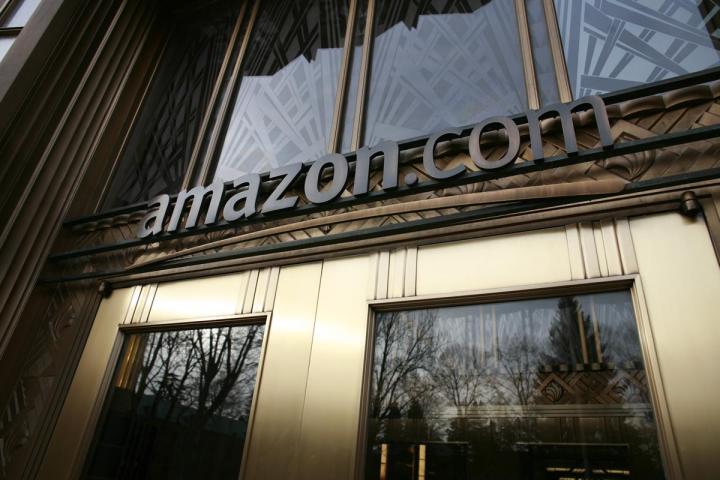
According to a report in Gigaom earlier today, Amazon’s upcoming set-top box is said to include a handful of third party applications that can be used for streaming video. Beyond the Amazon Instant Video application, Netflix and Hulu Plus have been confirmed to be included as video streaming options for users. However, no other third parties have confirmed to be in development for the unnamed Amazon set-top box. Assuming Amazon wants to compete effectively against companies like Roku and Apple, the online retailer will likely need to expand on the number of third party applications available for users.
The inclusion of third party applications may seem odd if Amazon wants to keep users within Amazon Instant Video, but providing more options may encourage more consumers to choose the Amazon set-top box over alternatives. Of course, Amazon will likely use a version of Android that’s similar to the interface on the Kindle Fire HDX tablet. That means it’s unlikely that users will be able to access YouTube through an official app since that’s still absent on the Kindle Fire platform.
Amazon is also expected to include a traditional remote with the hardware, but the set-top box will likely be compatible with mobile devices as well. According to the report, Amazon will be using the DIAL multiscreen protocol to allow users to launch applications from mobile devices. Hypothetically, Amazon could try to package the set-top box together with a Kindle tablet. This would be advantageous if the set-top box is compatible with some form of send-to-screen feature that’s extremely popular on hardware like the Google Chromecast.
Expected to be released this month, Amazon hasn’t indicated if Amazon Prime members will receive any additional benefits from owning the new set-top box. Amazon could attempt to integrate the company’s rumored music streaming service into the device before the end of the year. According to a report in the Wall Street Journal today, Amazon is considering setting limits on listening for free in order to increase the potential for music purchases. According to the details, an arbitrary limit would be imposed on listening to a particular song before the license expires for the Prime subscriber.


